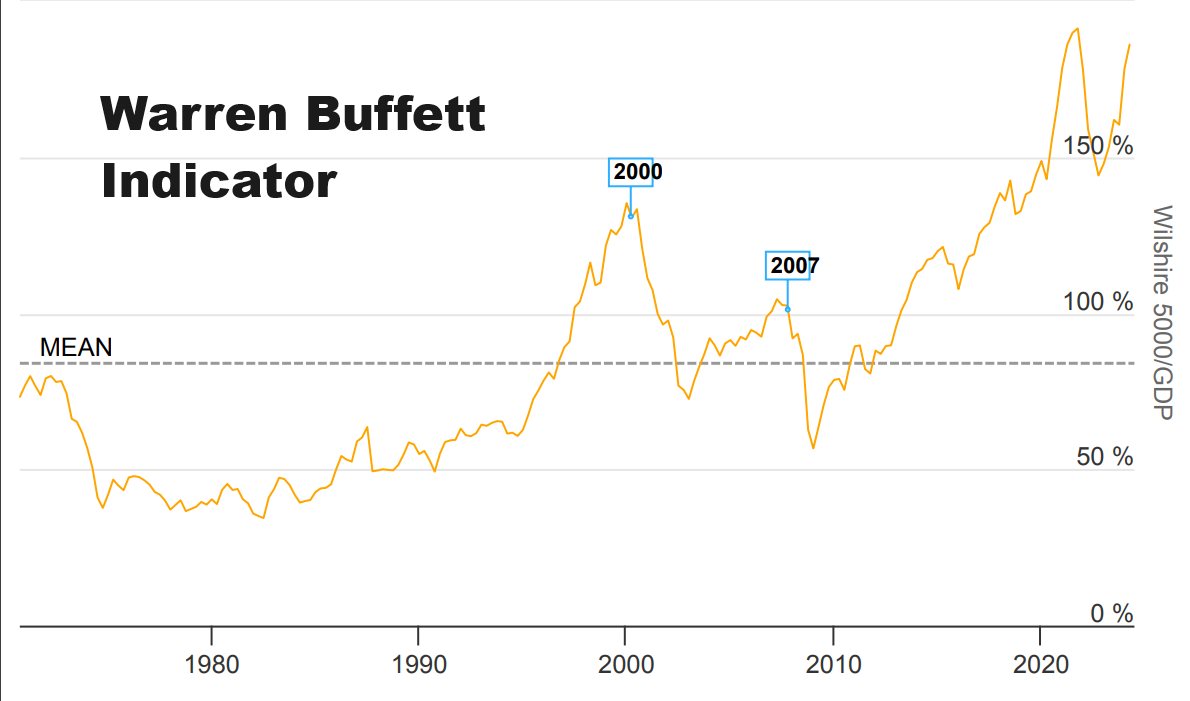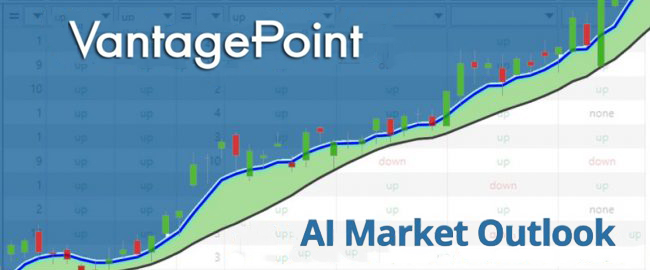Court Rules Against SEC in Ripple Case
According to BlockBeats, Ripple's Chief Legal Officer, Stuart Alderoty, announced on June 27 that the court has once again ruled against the Securities and Exchange Commission (SEC). The ruling was due to the SEC's illegal revocation of a proxy advisory firm's rules without adhering to the Administrative Procedure Act. The court pointed out that this illegal act was personally directed by SEC Chairman Gary Gensler. The case is known as 'National Association of Manufacturers v. SEC'.The case states that the SEC's 2020 rules never came into effect and were revoked in November 2021. The revocation process began shortly after the new SEC Chairman, Gary Gensler, took office. In June 2021, Chairman Gensler instructed his team to reconsider the 2020 rules and suspended their enforcement during this period. For more detailed information, refer to the official SEC statement.


